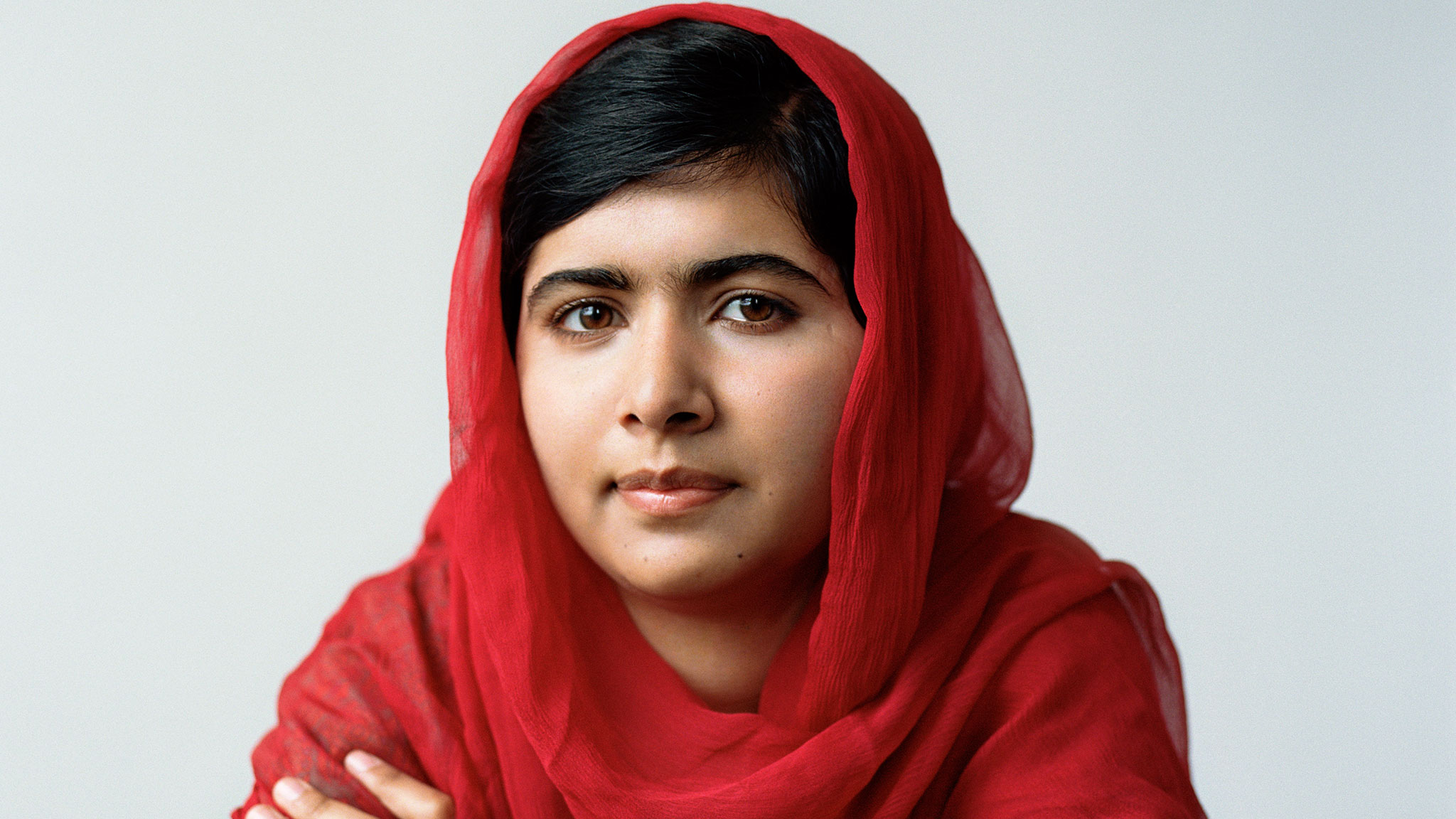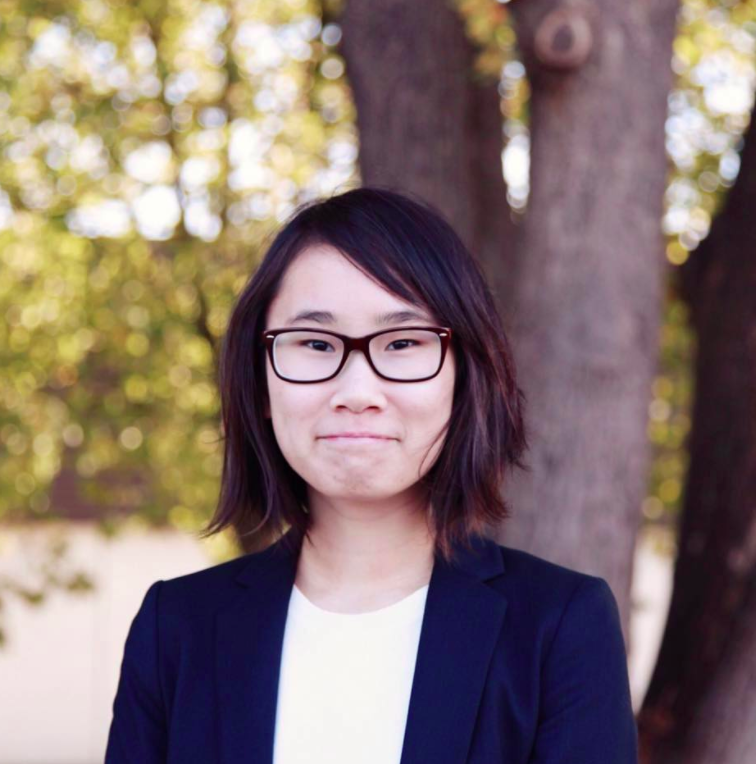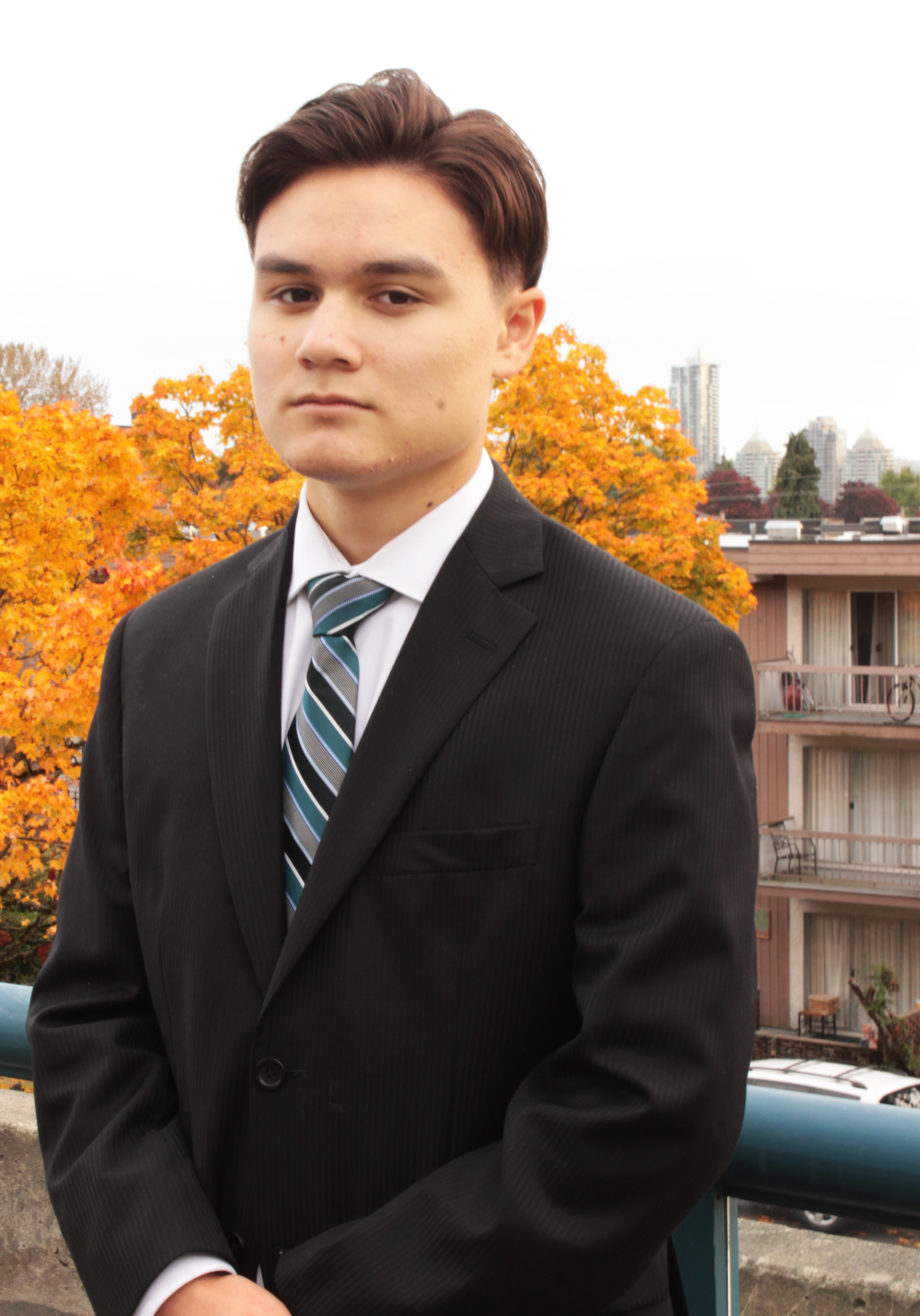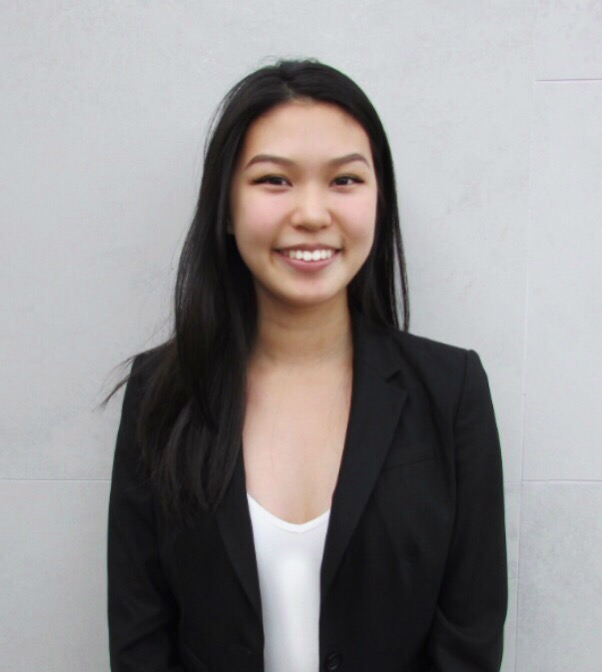Director
Stephanie Chang
Stephanie Chang is a junior at Richmond Christian Secondary School and ecstatic to serve as Director of UN Women. She attended her first conference in Grade 9 as a shy, yet intrigued, delegate where she spoke a grand total of two times. Since then, she has never stopped appreciating the fast-paced discussion and opportunities to engage with international relations. Stephanie is drawn specifically to the diplomatic aspects of Model UN. Outside of MUN, she tutors English, interns at a print literary magazine, cooks vegetarian recipes, writes contemporary poetry, and sits in coffee shops to convince herself she’s being productive. Additionally, she occasionally coaches at Vancouver Debate Academy. Whether you are a beginner delegate or seasoned expert, she hopes to provide an inclusive and thought-provoking atmosphere for everyone. Stephanie cannot wait to meet all the delegates and looks forward to an unforgettable weekend at PacificMUN 2019!




